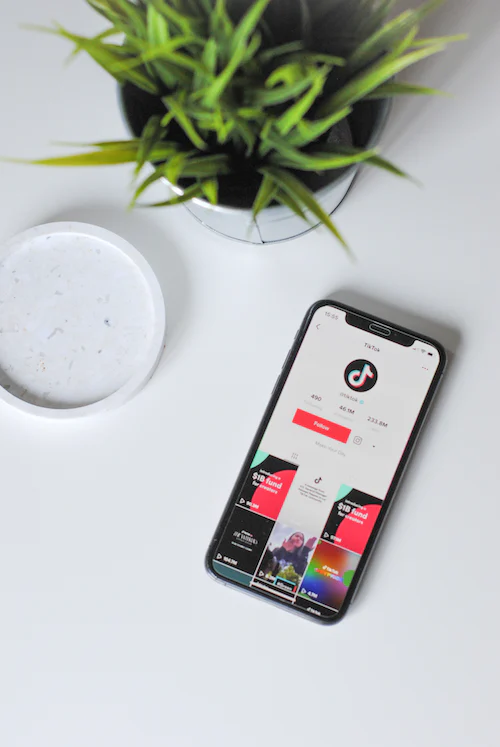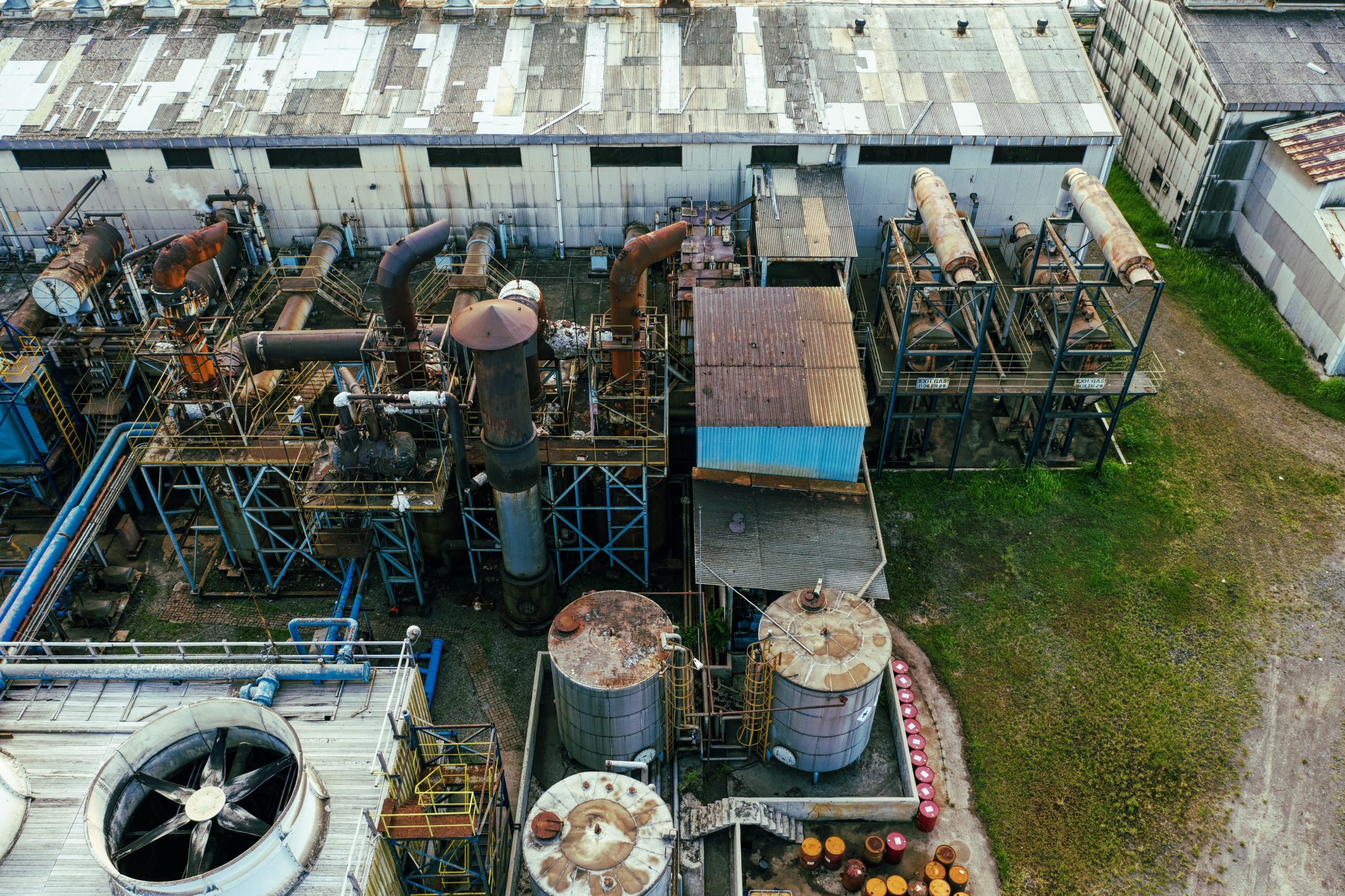The recent leak of classified documents from the Pentagon has once again brought attention to the issue of information security in the digital age. The documents, which were posted on Twitter by an unknown user, revealed the US government’s assessment of the situation in Afghanistan and caused a stir among politicians, analysts, and the public.
But how do leaks like this happen, and why are they so hard to prevent? In the case of the Pentagon documents, it appears that the leak was the result of a failure in the security protocols that govern the handling of classified information. The documents were reportedly shared among a small group of government officials who were not authorized to see them, and one of them decided to make them public.
Once the documents were on the internet, they quickly spread on social media, where they were shared and commented on by thousands of people. Some saw them as evidence of the government’s failure in Afghanistan, while others criticized the leak as a breach of national security. The debate that followed shows how polarized and complex political issues can be in the age of social media.
But why are leaks like this so hard to prevent, even when they can have serious consequences? One reason is that the internet makes it easy to share information quickly and anonymously. Anyone with a smartphone and an internet connection can upload a document or a video and make it go viral in a matter of minutes.
Another reason is that leaks are often motivated by a desire to expose wrongdoing or corruption. Whistleblowers, activists, and journalists often rely on leaks to shed light on issues that are hidden from the public. While some leaks are illegal and can put lives at risk, others are seen as a form of free speech and a check on government power.
So what can be done to prevent leaks and protect classified information? The answer is not simple, but it involves a combination of technology, policy, and education. Governments and companies need to invest in secure communication channels and data encryption to make it harder for unauthorized people to access sensitive information. They also need to enforce strict penalties for leaks and educate employees and officials on the importance of information security.
At the same time, society needs to have an open debate about the role of leaks in a democracy. While they can be a valuable tool for accountability and transparency, they can also undermine national security and put lives at risk. Finding the right balance between these two values is a challenge that requires cooperation and dialogue.
In conclusion, the recent leak of Pentagon documents on social media highlights the need for better information security and a deeper understanding of the role of leaks in a democratic society. As the internet continues to reshape the way we communicate and share information, it is up to all of us to ensure that our values of freedom, privacy, and security are protected.










